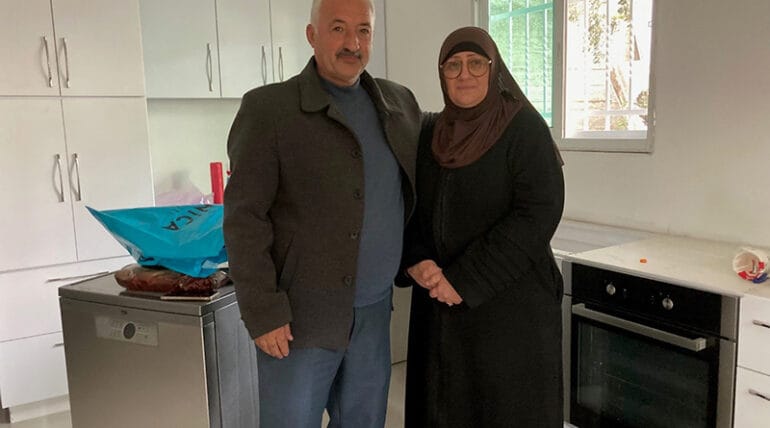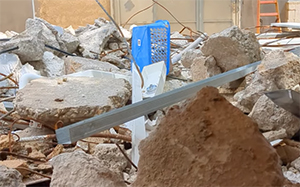Internationals from the recent May study tour visited Fakhri Abu Diab and his wife to hear the family’s story and grow in understanding of what it is like to have one’s home demolished.
They live in Silwan, just below the Dung Gate in Jerusalem’s Old City, in what has become a much-contested area due to Israel’s plan to turn Silwan from a Palestinian neighbourhood into an Israeli settlement that includes the City of David archaeological park. Israeli settler organisations such as Elad and Ateret Cohanim use archaeology and archaeological tourism as a tool for Palestinian displacement and erasure.
The internationals saw the ruins of their home that was demolished on 14th February 2024 on the grounds that it was constructed without a building permit. However, Israel’s apartheid policies means that despite applications presented by Palestinians, only 1-3% of them are approved annually which results in a shortage of 20,000 housing units in East Jerusalem and currently over 23,000 demolition orders are held by Palestinian families in East Jerusalem.
Israeli authorities require the Palestinians to pay for the bulldozing of their hoes as well as the salaries of the police officers who are sent to evict the residents from their homes to make way for the arrival of the bulldozers. Fakhri’s bill is $27,000.
A small new home for Fakhri and his wife has been constructed next to the ruins of their former home which ICAHD supporters have helped to fund. Their children and grandchildren who also lived in the original home have not returned because of the risk of further demolitions and the terrible trauma that results from such an experience. Following the start of the Gaza war in October 2023, the number of Palestinians forcibly displaced in East Jerusalem and the West Bank increased by 30 percent compared to the previous nine months.












